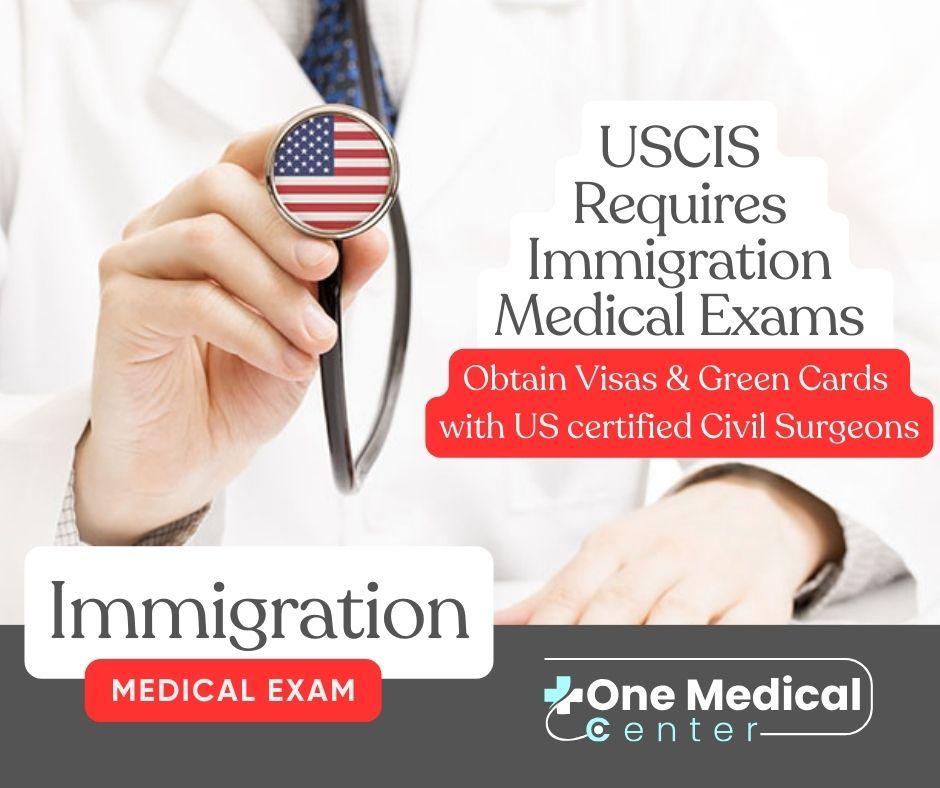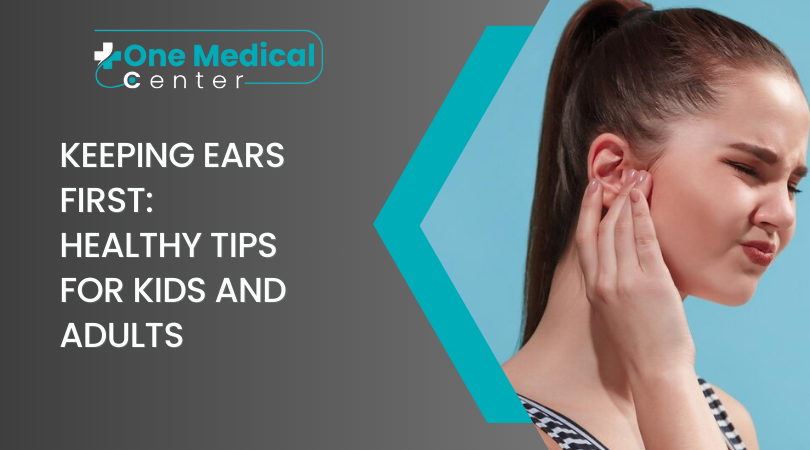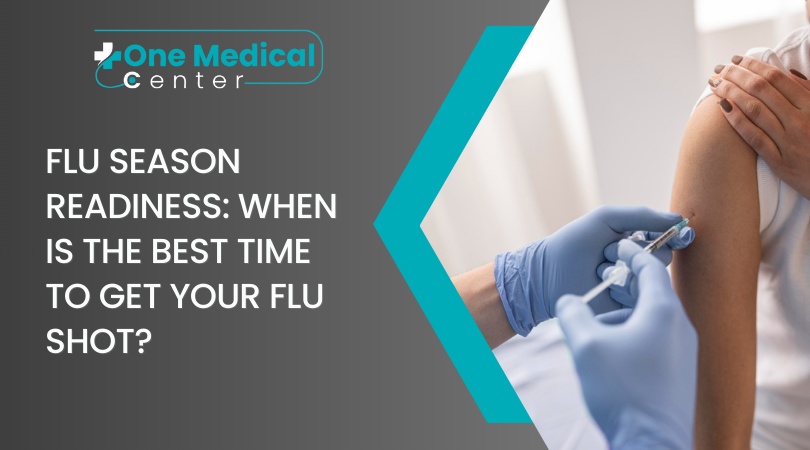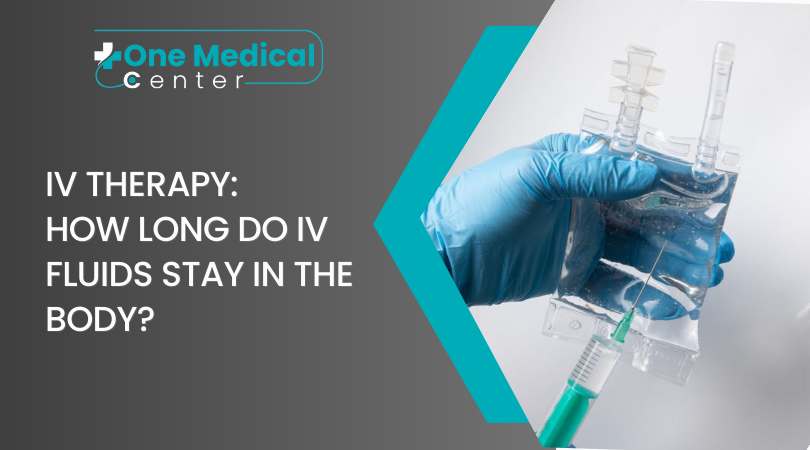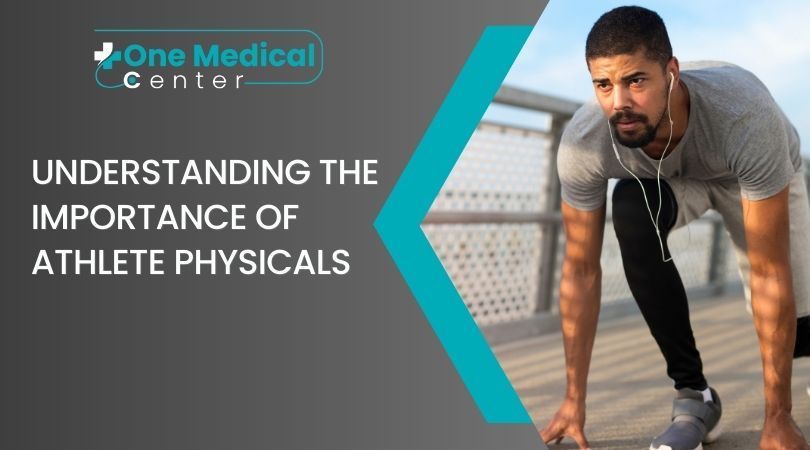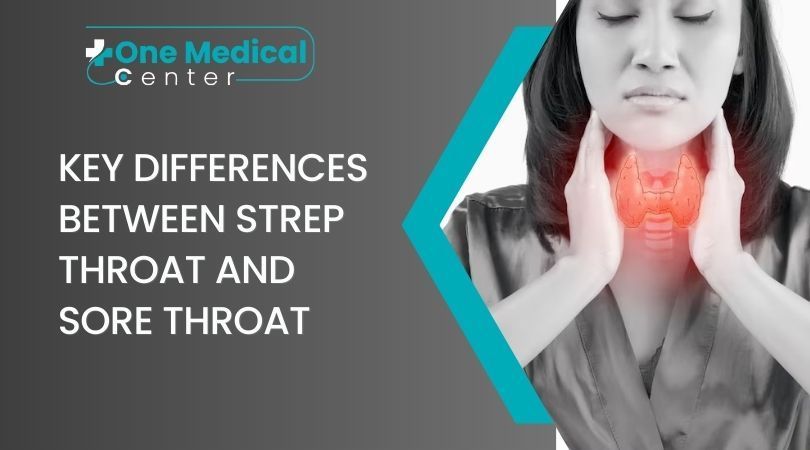Summer Hazards: Difference Between Heat Exhaustion and Heat Stroke
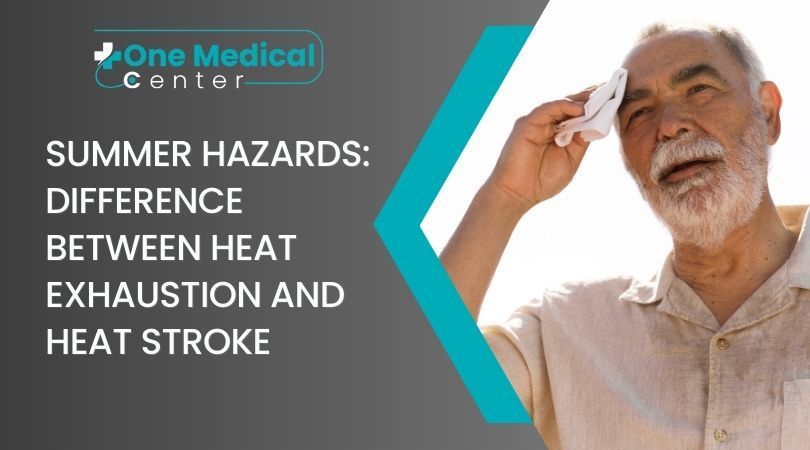
Heat stroke and heat exhaustion are the most common illnesses that people experience during hot summer months. Though heat exhaustion is not a serious condition, leaving it untreated can result in heat stroke. Heat stroke is a life-threatening condition that requires immediate medical attention if you experience breathing difficulty, seizures, unconsciousness, etc. Therefore, it is crucial to be aware of the symptoms of both conditions and take necessary precautions to prevent them from occurring.
Difference between Heat Exhaustion Vs. Heat Stroke
Heat stroke is a severe condition that occurs when your body's temperature reaches an extreme level, say above 104 degrees F. Contrarily, heat exhaustion is generally milder than heat stroke and occurs when your body loses fluids and electrolytes due to over-sweating.
Signs of Heat Stroke and Heat Exhaustion
Heat Stroke
- High body temperature (above 104°F)
- Hot, dry skin or lack of sweating
- Nausea and vomiting
- Seizures
- Loss of consciousness
Heat Exhaustion
- Excessive sweating
- Pale, cool, or clammy skin
- Dizziness or fainting
- Nausea or vomiting
- Excessive thirst
Symptoms for Heat Stroke and Heat Exhaustion
Heat Stroke
- Increased body temperature
- Rapid heart rate or pulse
- Hallucinations
- Slurred speech
- Seizures
Heat Exhaustion
- General weakness
- Abnormal body temperature, pulse, or heart rate
- Lightheadedness and dizziness
- Muscle cramps
- Headache
Risk Factors of Heat Stroke and Heat Exhaustion
- Age - Infants and children below four years and adults 65 years and older are more prone to heat-related illnesses, as it can be difficult for them to regulate their body temperatures at these ages.
- Obesity – If you are overweight, your body retains more heat, causing heat illnesses.
- Rapid Changes in Temperatures – Moving from a colder to a warmer climate can make your body difficult to adjust to the warmer weather, resulting in heat exhaustion or heat stroke.
- Prescription Medications – Medications for high blood pressure or heart conditions may cause dehydration that can lead to heat illnesses.
- A High Heat Index - Heat index considers humidity and the outside temperature to determine how hot it feels to your body. In regions with a high heat index, say greater than 91°F, your sweat may not easily evaporate, causing difficulties in cooling your body.
How Can Heat Illnesses Be Treated?
At-home treatment for a heat stroke generally includes:
- Moving to a cooler environment, such as an air-conditioned room or a shaded area.
- Wearing clothes appropriate for the season.
- Applying cold compresses and using fans to cool your body.
- Apply ice packs to the neck, armpits, and back if you have developed heatstroke from strenuous exercise in hot weather.
- Turning on your side (if you are unconscious) to breathe well, protecting your airways.
If these things do not improve your condition, you can visit the urgent care facility, where you will be:
- Monitor for your vital signs.
- Administered IV fluids.
- Given prescription medications to treat symptoms, such as shivering, confusion, increased body temperature, etc.
Heat Exhaustion Treatment
As heat exhaustion is not a deadly condition, you can manage it at home by following these steps:
- Move to a cool room.
- Take a cool bath or shower or sponge down with cool water.
- Wear loose and comfortable clothes
- Stay in a cooler environment to avoid sweat
- Take adequate rest.
- Hydrate yourself with water or electrolytes.
If your symptoms or condition does not seem to get better even after trying these, seek medical assistance. Your doctor can treat you with medications and fluids, helping you recover quickly.
How to Prevent Heat Stroke and Heat Exhaustion
You can prevent heat stroke and heat exhaustion by following these steps:
- Stay hydrated.
- Avoid excessive alcohol consumption
- Avoid strenuous exercise.
- Wear light-colored, loose clothing.
- Avoid sun exposure, especially between 11 am and 3 pm.
- Keep your indoors cool by closing curtains.
Get High-Quality Treatment for Heat Illnesses at One Medical Center
Don't let heat illnesses take a toll on your well-being. At One Medical Center, we offer high-quality treatment for heat stroke and heat exhaustion. Our experienced team of medical professionals is dedicated to providing exceptional care and helping you recover quickly. Contact us today to survive heat illnesses under the guidance of our expert team.
Also Read
Share this:

One Medical Center is top-notch urgent care in Clearwater, FL. Our team is committed to provide you with high-quality medical treatments. Visit us today without any upfront appointment to experience world-class care near you!
Search
Recent Post
Subscribe For Updates
Sign up for free and be the first to get notified about updates.

